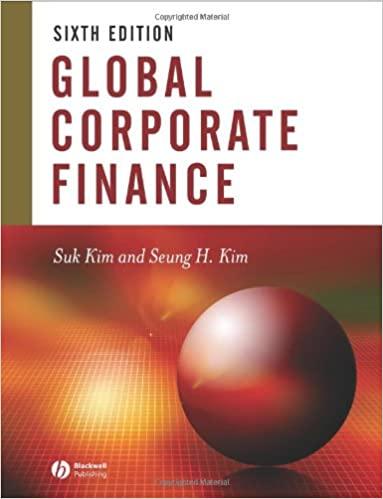Ashley's first major assignment as part of her new job is to evaluate a case dealing with the question of whether Tar-mart's activities in Canada might have violated the Foreign Corrupt Practices Act (FCPA). Specifically, evidence indicates that one of Tar-mart's purchasing agents in Canada helped establish a Tar-mart warehouse in a Canadian municipality. Tar-mart was building the warehouse to compete more effectively for a lucrative Canadian maple syrup distribution contract. Tar-mart's purchasing agent, through a Canadian intermediary, paid: $521 to the municipalities permit clerk in the clerk's personal capacity to help expedite the permit application and processing, $321 to the permit clerk's brother for foreign language translation support (as Canada requires everything to be in French and English), $1198 to the municipality for the actual permit application, and $219 to a public notary (who happens to be the permit clerk's sister) for certified copies of the final permit. Also, the purchasing agent authorized a payment of $1 1,854 to the municipality's mayor and critical allies to ensure Tar-mart's permit would be approved and so that a competitor's permit would be denied. By doing this, it appears Tar-mart could derail the competitor's entry into the local market. The purchasing agent recorded all of these payments and reported them back to Tar-mart's corporate headquarters. The corporate office accountants labeled all of these payments as normal and proper business expenses that could be deducted from Tar-mart's income tax obligations but flagged them for further compliance review. Ashley now has the case to conduct a compliance review. After some internal investigation, it turns out that the FCPA problem is more significant than just one payment. Tar-mart launched an extensive corporate investigation, which revealed several members of the Board of Directors and the CEO had authorized tens of millions of dollars in bribes to various Canadian political leaders. During the investigation, the FBI was called to assist in the investigation. The FBI interviewed the Board members and the CEO, and determined the CEO had: worked with the Board members to plan out the bribery scheme, authorized the payments personally, and was aware the payments were linked to the bribery scheme. The FBI also determined the CEO lied when he provided his official interview with the FBI







